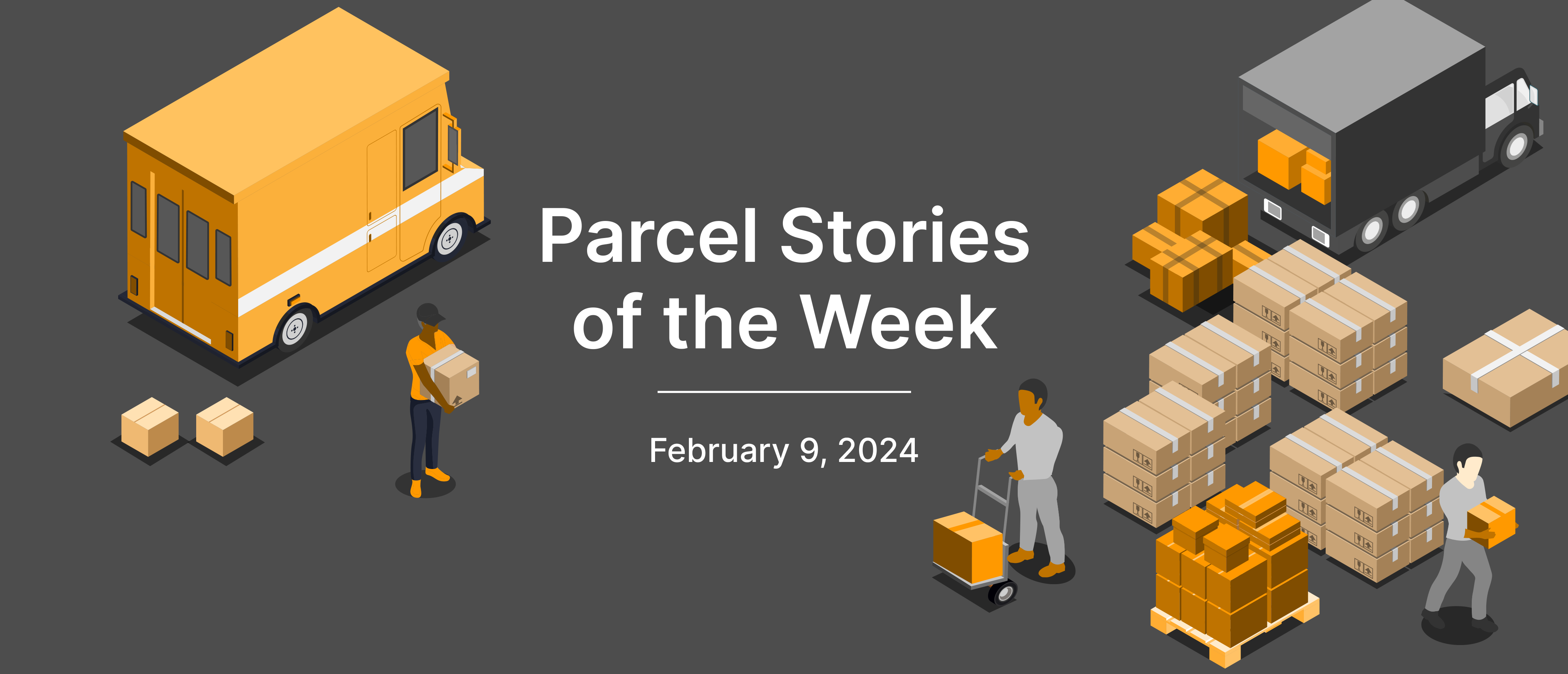This week in parcel, UPS loses volume from its top shippers, the Logistics Managers’ Index report hints that the buyer’s market is nearing an end, and Parcel Industry emphasizes the importance of data.
UPS is losing volume from top customers
In a recent earnings call, UPS CEO Carol Tomé revealed that some of the company’s biggest clients had reduced shipping volume with the carrier.
Amazon, its biggest customer, was one of the companies on UPS’s list of decliners. The retail giant has a mutual agreement with UPS to reduce volume.
Of the five biggest decliners, including Amazon, three have experienced decreasing business or shifted their business models. Only Amazon and one other client have taken their shipping volume elsewhere, according to Tomé.
To combat the declining volume, UPS is looking to add more small to medium-sized parcel shippers. Last year, small and medium-sized shippers accounted for 28.6% of UPS’s volume. This year, the company is looking to increase that figure to over 30%.
Our take: These smaller shippers should remember that although they may lack the volume to negotiate big volume discounts, tools like TransImpact’s Parcel Spend Intelligence offer a way to use data to drive more savings from their parcel spend with minimal cost.
Read more here.
January 2024 Logistics Managers’ Index Report hints that buyer’s market is nearing an end
The score from the Logistics Managers’ Index Report (LMI score) combines eight components of the logistics industry. If the score is above 50, logistics is expanding, and if it is below 50, the industry is shrinking.
In January, the LMI was 55.6, an increase of five from December. Consumer sentiment had improved and GDP was up.
There was only a minor inflation in supply costs, which translated to lower inflation in consumer prices in Q4 2023. Job growth continued to increase, with over 350,000 jobs added in January.
Our take: Although the growth in the economy is promising, the levels in the LMI could also be a sign the buyer’s market for logistics services is nearing an end. Companies would be wise to lock in rates by securing new contracts with their providers.
Read more here
Growing importance of using data to improve customer satisfaction
Collecting data is an important step in improving your operations, but it’s just the first step. The real value of data comes in properly analyzing and utilizing it.
Parcel Industry recently broke down steps that can lead to increased profitability and improved customer experience.
The first step is to collect the data from as many sources as possible. These sources range from your social media accounts to your ERP systems.
The second step is personalizing and segmenting the data to fit your business needs.
Once you have done these steps, it’s time to deploy predictive analytics for demand forecasting. This requires using historical data and statistical algorithms to predict future outcomes. Properly leveraging your data can translate to more optimized inventory levels that match customer demand, leading to better sales.
You can find the full article here.
Our take: We spend a lot of time talking about the importance of your data, and for good reason. Harnessing the power of data to improve your supply chain and customer experience could transform your business. Getting started with data is easy and has a fast ROI when done correctly with a partner like TransImpact.


